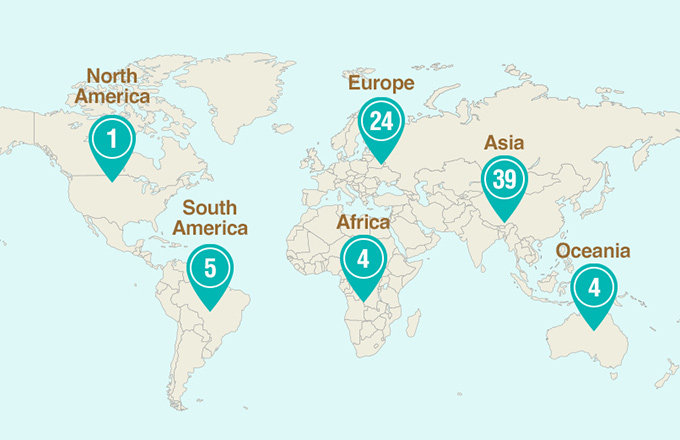Digital currency bitcoin gains virtual interest
The US Commodity Futures Trading Commission is exploring whether bitcoins may fall under the United States regulator's purview, reported the Financial Times.
"It's not monopoly money we're talking about here. Real people can have real risks with these instruments so we need to ensure that we protect markets and consumers even in what at first blush appear to be 'out there' transactions," said Bart Chilton, one of the five commissioners at the US Commodity Futures Trading Commission, the Financial Times reported on May 7.
For bitcoiners in China, the news is a signal that the currency may become more widely accepted.
"Putting bitcoins under regulation means they are not regarded as something outlawed and so they are recognized as a currency. If authorities want to see the currency die, they can just announce it is illegal," said Chang.
Wang Yujie, a 27-year-old wealth manager in Shanghai and a holder of bitcoins, said he has considered the possible risks that may affect the value of his bitcoin deposits.
"It may become illegal if the authorities announce as much. It may be replaced by more advanced digital currencies. Individual e-wallets may be hacked and people will worry about safety issues. The entire system may be corrupt," said Wang.
In March, a branch of the US Treasury Department said all exchanges or transfer platforms of bitcoins will be considered as "money services business", which means companies involved must provide information to the government and introduce policies to prevent money laundering. Since then, at least three companies in North America have reported having their business accounts closed by their banks. Bitfloor, a New York-based Bitcoin exchange, said it was shutting down entirely and it has not yet been able to return funds to customers.
In China, the transferring and trading platforms of bitcoins are run by individuals and the prices and exchange rates are affected by overseas platforms, said Beijing postgraduate student Shen.
Currently no domestic authorities claim responsibility for regulating the bitcoin market in China.
"The safety of trading bitcoins on these platforms mainly relies on people's trust and good faith," said Shen.
Wang, the wealth manager, said he has explored the currency and understands how it works because some clients asked him whether bitcoins are worth investing in.
"My answer to my clients at the current stage is: 'Wait for another year to see how regulators may respond to it' because I regard it as a big risk if bitcoins are declared illegal," said Wang.
The mechanism of bitcoins, which challenges many banking industry insiders' current knowledge and understanding of currencies, may be obscure to wealth managers and investors even if they have decades of expertise in investments in traditional areas.
"Bitcoins are highly technical in almost every step from their issuance to payment. It takes time for people to understand how the system works and decide whether it is worth real money," said Wang.
The issuance of bitcoins based on computational calculation sets a benchmark that is too high for investors without much knowledge or interest in information technology, said Liu Xinyue, an investor in gold and silver futures in Shanghai.
"I heard my son talking about the bitcoin and I got a headache just two minutes after he started explaining it. It's all too complicated and bizarre to me. I think this may be one of the biggest barriers for investors like me," said Liu.



















